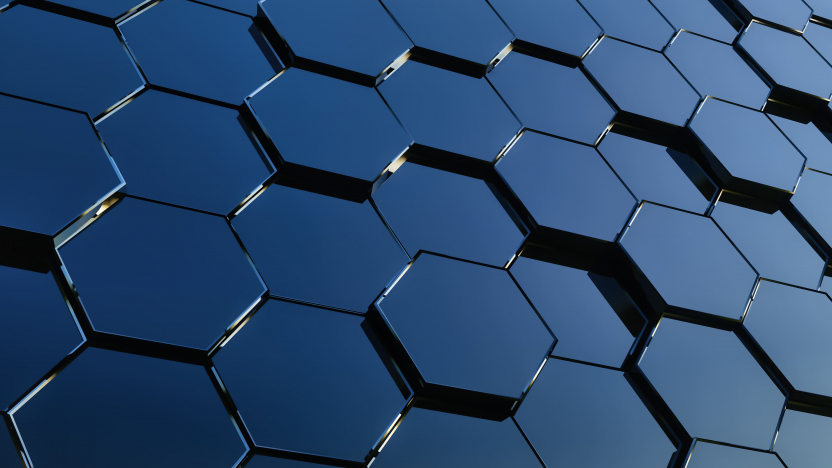AI and copyright: First ruling from a European court

With artworks, musical compositions and even literary texts now being created solely by artificial intelligence (AI), who owns the copyrights of such works? After a Czech court issues the first European ruling in an AI and copyright dispute, Niels van der Lee examines its implications for this fast-evolving field of IP law.
We have previously discussed how the evolution of generative AI has caused a stir in the legal world, and it didn't take too long for the first AI and copyright cases to reach the courts. Back in 2023, the Beijing Internet Court granted copyright to an AI image; however, in other jurisdictions, there seems to be more caution when granting copyright to AI-generated works. For example, the Czech courts recently ruled that AI-generated works cannot enjoy protection under its copyright law.
Background to the AI and copyright dispute
In the Czech case, the plaintiff filed a lawsuit against a law firm after it published an image on its website without the plaintiff’s permission. The image, which shows two hands signing a business contract, had been created by the plaintiff using AI based on the instruction to: "create a visual representation of two parties signing a business agreement in a formal environment; for example, in a conference room or a law office in Prague. Show only the hands."
As AI is not a “natural person”, it cannot be the creator of a work under European copyright law. But, as the AI had created the image in question based on specific instructions, the plaintiff argued they were the creator of the image.
Judgement in AI and copyright dispute
Despite this claim, there was no actual evidence that the plaintiff had instructed the AI and, since it was undisputed that the image was created by AI, the court dismissed the argument.
The court added that the AI-generated work did not constitute a "work" at all in this case since it did not meet the conceptual characteristics. It was not created as a unique result of the creative activity of a natural person (the creator). Likewise, the instruction or idea, which is said to have been the basis for the image created by AI, does not constitute a work of creativity under copyright law.
"Copyright is an absolute right belonging to an individual. If the image in question was not created personally by the applicant, but by an artificial intelligence, it cannot, by definition, be a copyrighted work."
Consequences of the AI and copyright ruling
This is the first time a European court has ruled in an AI and copyright dispute. Although the decision is in line with previous discussions on this issue, it is interesting that the Prague court did not completely rule out the possibility of authorship for the plaintiff had they provided sufficient evidence that they had given the instructions that resulted in the work.
In other words, the case could have turned out differently had the instructions for the AI application (DALL-E) been much more targeted; for example, had the plaintiff been more specific regarding the use of colours, the environment or other details that would have personalised the image. The ruling hints, therefore, that there could indeed be copyright protection for an AI-generated work, if the instructions given to the AI tool demonstrate the originality of the human author.
As copyright in the European Union (EU) has been harmonised, the intention is that EU member states will apply and interpret it in the same way. The question now is whether judges in other EU countries will adopt the reasoning of the Prague court. As the final word has not yet been generated on this, we will keep you updated.
If you have questions about AI and copyright, speak to your Novagraaf consultant or contact us below.
Niels van der Lee is an Associate at Novagraaf in Amsterdam.